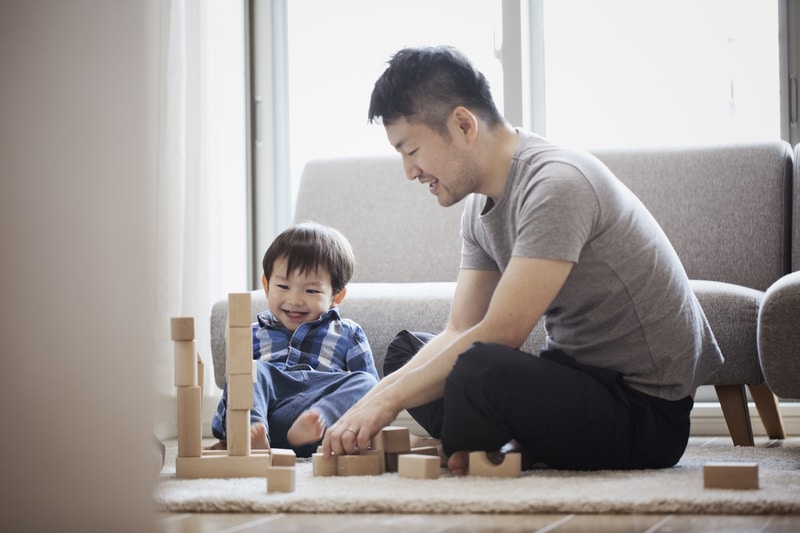Because our lives are always changing and children grow older, child custody and visitation are fluid issues that can change dramatically over time. Amongst the issues that may arise as children age is they want to visit less with one particular parent, or to stop visitation altogether. This can result from increasing time demands from school, friends, and extracurricular activities. It can also stem from relational issues between the parent and child that worsen over time. But do kids get a say in visitation?
Best Interest and a Child’s Desires
Courts in North Carolina decide child custody and visitation issues based on a child’s best interest. There is no definition of best interest because the legislature seeks to give courts wide discretion in the type of information they can consider when determining what is best for every child. One of the factors that courts are allowed to consider is the desires of the children when it comes to visitation with their parents.
Of course, some children are too young or lack the maturity to make these types of decisions, which is why courts weigh whether the child is of the “age of discretion” to have a voice. Notably, the age of discretion is not a specific age, as courts have recognized that every child is different and there is no magic number at which a child is “mature.” Instead, courts look at the specific child and attempt to gauge their ability to comprehend what is happening, to verbalize their preference in an intelligent manner. For some children, this is ten years old, while other children can’t express themselves in such a manner until they are 13 years old.
However, even if a child is determined to be at the age of discretion to express their preference, judges are not bound by this preference. In other words, a court is not required to do what a mature child says. Instead, it may play a large, but not determinative factor in the court’s ultimate custody decision.
In Wake County, a judge may appoint an attorney to represent the child’s wishes as it relates to custody and visitation through Legal Aid’s The Child’s Advocate project. In the majority of cases, the Child’s Advocate helps the parents to resolve the custody dispute without the need for a trial. When a trial is necessary, the advocate can give the child a voice so that the child’s expressed wishes are considered by the Court.

